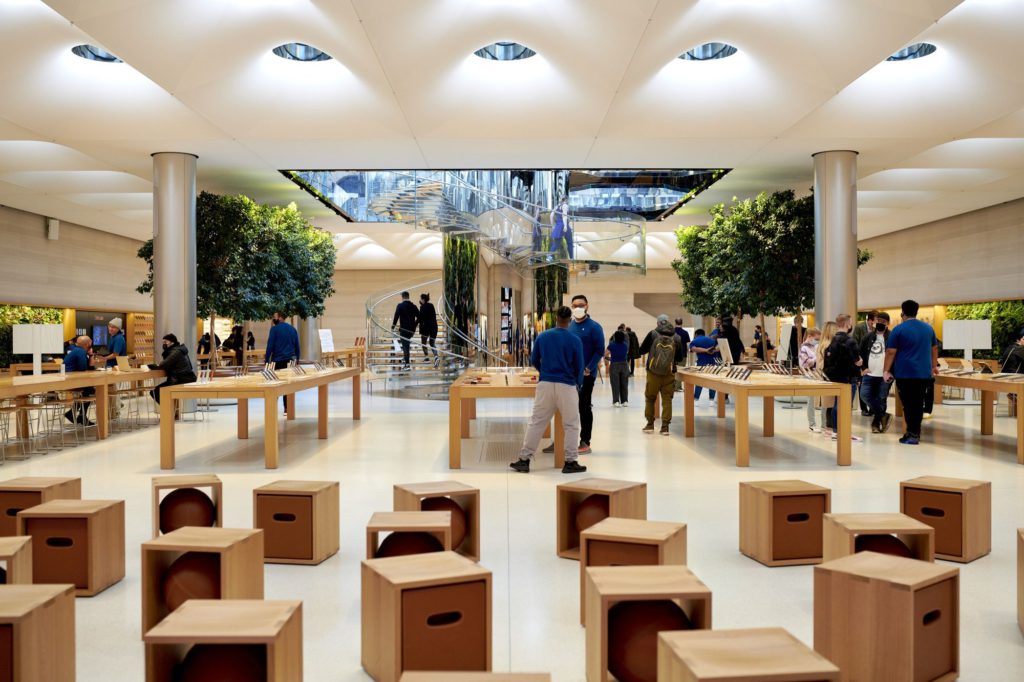(Bloomberg) — Apple Inc. has agreed to make work schedules at its retail stores more flexible, according to employees with knowledge of the plans, part of a push to improve conditions in the face of unionization efforts.
The company informed staff at some stores that scheduling changes will take effect in the coming months, according to the workers, who asked to not to be identified because the plans aren’t public. Some retail employees have voiced their frustrations with managers and labor groups about their schedules, and Apple’s retail chief recently signaled that changes could be coming.
“I am deeply committed to making Apple the best it could be for you, from scheduling to pay and benefits to development to the experience and environment in the stores,” Deirdre O’Brien told staff in a recent video message.
The company is planning the following changes, according to the employees:
- A minimum of 12 hours in between shifts, an increase from the current minimum of 10 hours.
- A maximum of three days per week when employees can work past 8 p.m., unless they choose to work late shifts.
- Employees won’t be scheduled to work more than five days in a row, a change from a maximum of six days in a row. There could be exemptions during new product launches and holidays.
- Full-time employees will be eligible for a dedicated weekend day off for each six-month period.
Some of the changes are scheduled to go into effect within the next several weeks, while others may not arrive until later in the year, the employees said.
A spokesperson for Cupertino, California-based Apple declined to comment.
Apple has made several changes in recent months to placate workers and cope with a tight labor market. In February, the company doubled paid sick days, increased vacation days and expanded backup care for children. Last month, it upped hourly wages, raising its minimum pay to $22 an hour from $20.
Workers at stores around the US have launched campaigns to unionize Apple employees, though none successfully so far. O’Brien has pushed back on the labor efforts, saying that unions could slow Apple’s ability to improve conditions and that such organizations don’t share the company’s commitment to its employees. In the wake of Apple’s changes, at least one retail store canceled a vote to unionize.
More stories like this are available on bloomberg.com
©2022 Bloomberg L.P.











